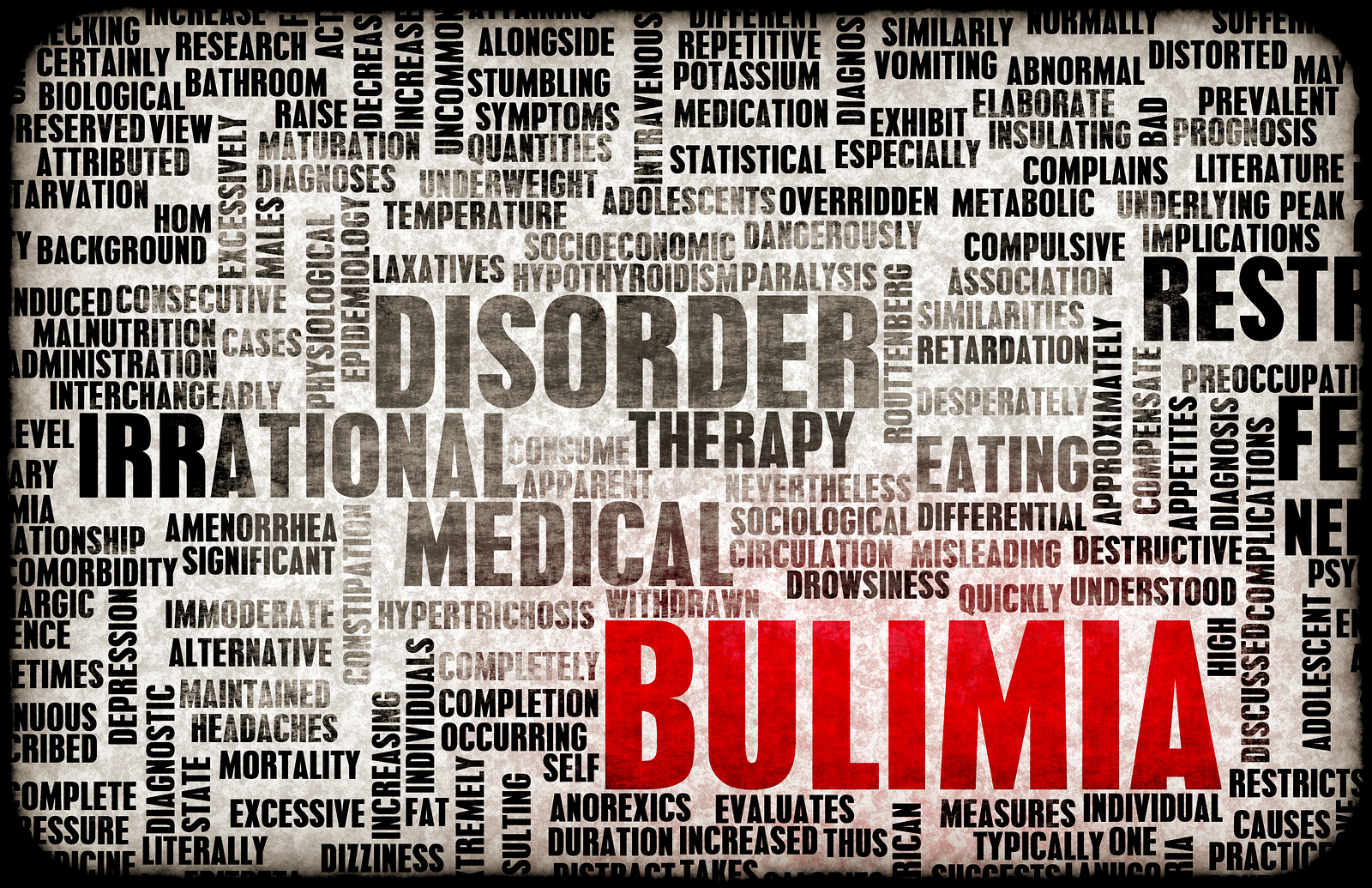Social relationships and weight management

Social relationships and weight management can be done effectively as a group
Social relationships and weight management: Weight gain affects relationship
Man being a social being will have to come to terms with certain things that affect their social life. Weight management is one important factor to be taken seriously in life. Because of this, doctor Dalal Akoury MD founder AWAREmed health and wellness resource center primarily to help in transforming each individual’s life through increasing awareness about health and wellness and by empowering individuals to find their own inner healing power. Issues of weight gain affect people both physically and emotionally. The experts have established that the psychological effects can be very disturbing like for instance:
- Many young normal-weight women are more willing to date overweight men than the other way around.
- Once married, overweight wives seem to be happier in their marriages than many normal-weight ones.
- Females tend to be more concerned about weight issues than males, regardless of marital status.
- At any age men seem less tolerant of overweight partners and less comfortable in dating overweight people than women.
- The society also tends to reject obese individuals and subjects them to severe stigmatization and discrimination.
- Studies have also established that men who gained weight while they were married reported more marital problems than men who kept their weight down. However, married women did not seem to be as affected by their weight changes.
Social relationships and weight management: Weight gain and sex
Sex is another variable that brings in a lot of emotional impact in relationships and weight gain in the current societies. For instance:
- Many women are concerned about losing their man because of weight issues and to attempt correcting this some use sex to pressure their partners into weight loss.
- Women often withhold sex as a weapon of last resort when their partners refuse to or don’t lose weight.
- Primarily women in their 20s stop having sex with partners who don’t meet their expectations of what a man should look like.
- In many cases when men gain weight and become physically unattractive to their partner, what follows is that the woman takes it much more as a sign that he doesn’t love her.
- Women tend to personalize things to the extent that they feel like their partners don’t care because of being overweight.
Finally, everyone should be proud of their weight and when you are not, something should be very wrong. This is what doctor Akoury will help you deal with if only you can schedule an appointment with her today. Doctor Akoury is a medical professional with over two decades experience in various disciplines and she is offering her exclusive NER Recovery Treatment to everyone including other physicians and health care professionals through training, clinical apprenticeships, webinars, and seminars. This is where you will get all the weight loss solutions for yourself and for the whole family. Take that phone and make that very important call now.
Social relationships and weight management: Weight gain affects relationship
http://regenerativepotential.com/wp-admin









